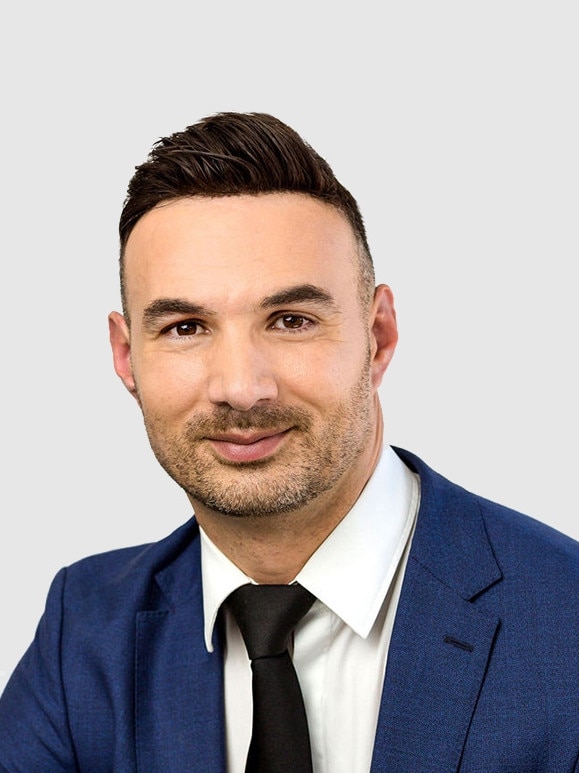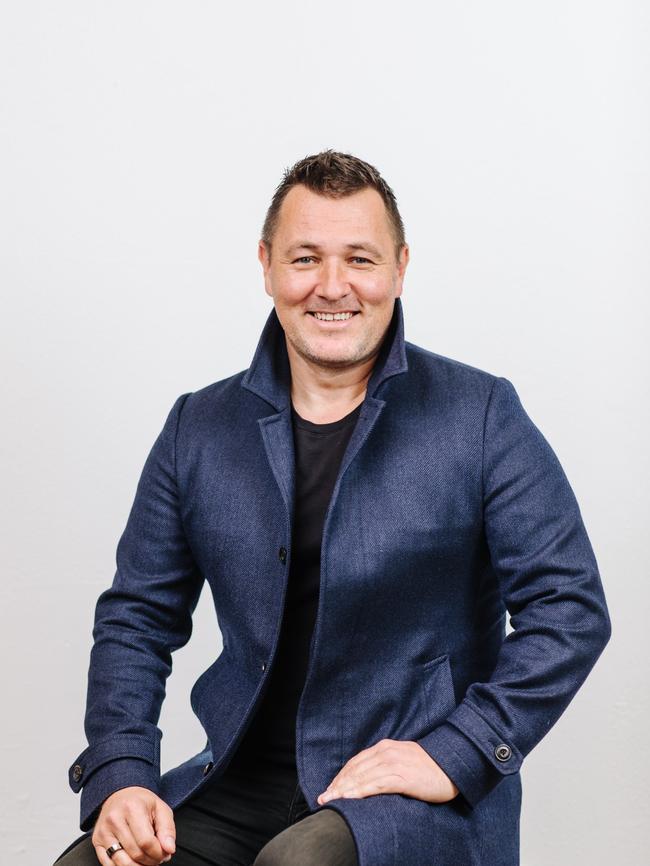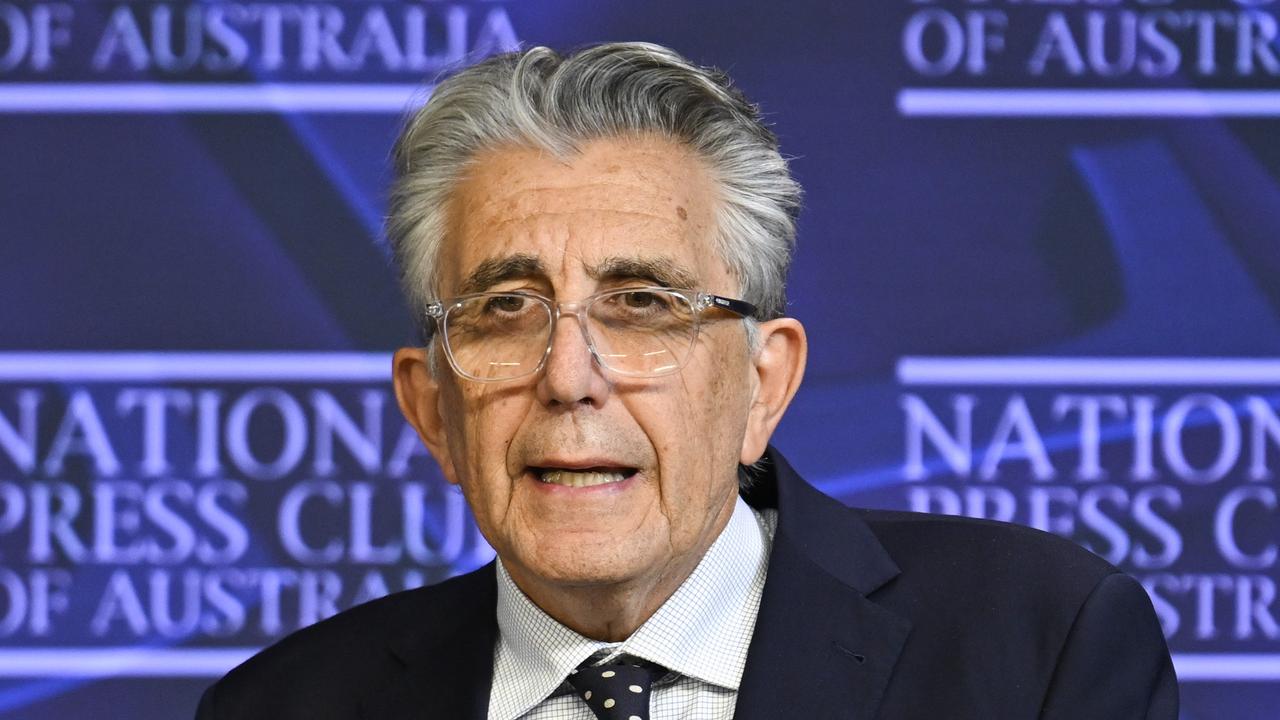One of Australia’s oldest law firms, Cornwalls, joins with boutique outfit EMT
A specialist media and entertainment firm has revealed a deal to join Cornwalls, one of Australia’s oldest firms.

A boutique Australian law firm specialising in media, sport and technology has combined with one of the country’s oldest firms, Cornwalls, as private equity and venture capital plays a bigger part in the industry.
EMT Law, a wholly owned legal subsidiary of EMT Partners, on Tuesday revealed a deal in which it will join Cornwalls under its federation model to target the changing needs of entertainment and sporting markets, where private equity firms and venture capitalists are increasingly investing in sports and sporting companies.
Cornwalls CEO Levent Shevki, who is on the board of the AFL club Western Bulldogs, said: “Our collective vision is to be the go-to legal partner for the most influential players in sports, entertainment, media, and technology. With our combined expertise, our ability to service clients in these sectors will be unparalleled.”

EMT Partners founder Trent Blacket said it “made sense” to combine due to differing realms of expertise.
“There are always instances whereby clients have corporate legal requirements beyond our own skill set, and we’d rather operate as a combined unit,” he said.
“There are companies that Cornwall represents as corporate lawyers or property lawyers or employment lawyers … sometimes they have issues in the EMT (entertainment, media and technology) sectors.
“To me and (Mr Shevki) … we both can see that if we can truly service a client end-to-end in these sectors in all the countries in which we operate then we can be a great addition to the market.”
Mr Blacket said he expected work to come from owners and operators of leagues or teams as well as individuals.
“If you understand how both think and you can provide legal advice to both, you’re really well placed to service the market,” he said.
Entertainment and sporting markets were undergoing “generational and transformative change,” Mr Blacket said.
“You’re getting all these really sophisticated private equity firms, venture capitalists, family offices, really sophisticated business people that are not from those sectors (the entertainment and sports industry), that are coming in and owning or part-owning or operating sports and sporting companies,” he said.

“Where they bring their added level of sophistication and global visions and capital, having a firm that can speak to all the respective moving parts efficiently is much needed in the market.”
EMT and Cornwalls have previously worked together and expect their work will extend beyond Australia to the US.
For example, a sports star from Melbourne might want a change in their career and have an opportunity with the NBA in Hollywood, Mr Blacket said.
“The chain of events is you service them here well, you get excited by when they get interest from overseas and you help them go overseas,” he said.
“And then other way around which is starting to happen, is American people in sport and entertainment technology coming from the US into Australia.
“We want to be cross-Pacific border experts.”
And while sports stars earned money from their day jobs, they were also investing in companies and required legal support, Mr Blacket said.
As well, there had been changes in the way athletes or media personalities earned money from lending their name, image and likeness to a brand, Mr Blacket said.






To join the conversation, please log in. Don't have an account? Register
Join the conversation, you are commenting as Logout